Geneva, May 7, 2024
Dear Mr. President,
The Vietnamese delegation is honored to be here today to attend the Dialogue Session under the Universal Periodic Review (abbreviated as UPR) cycle IV of Vietnam. Today is a special day and this is also a special place. 70 years ago, on this day, the Dien Bien Phu campaign ended in victory. And it was here that the Geneva Agreement on the cessation of hostilities and the restoration
of peace in Indochina was signed exactly seven decades ago. The above events are milestones of historical significance for Vietnam and many countries in the world in the struggle for liberation from colonial rule, to regain independence and self-determination for the nation, for peace, human rights and development. The Vietnamese delegation would like to express our deep gratitude to the heroes and martyrs who sacrificed their blood and bones so that Vietnam can have what it has today.
Mr. President, Vietnam affirms its strong commitment to promoting and protecting human rights. In the 1945 Declaration of Independence, President Ho Chi Minh affirmed: “All men are created equal. They are endowed by their Creator with certain inalienable rights; among these are life, liberty, and the pursuit of happiness.” Those are also the words quoted from the United States Declaration of Independence. These values, and Vietnam’s commitment to human rights, are affirmed in the Vietnamese Constitution and laws, guaranteed in practice, and have achieved concrete results, especially in nearly four decades of Doi Moi. There have been remarkable changes throughout the country and in the lives of the Vietnamese people. From a country dependent on foreign aid, Vietnam has become one of the world's leading agricultural exporters and contributed to maintaining food security in the region and the world. Once among the poorest countries in the world, Vietnam has risen to become one of the fastest growing
economies . Between 1989 and 2023, Vietnam's GDP per capita increased 40 times. In the two decades since 1993, more than 40 million people have escaped poverty. And in the 15 years since 2005, multidimensional poverty has been halved. Maternal and child mortality rates have fallen sharply. Literacy rates, access to health care, education and clean water, and life expectancy have increased significantly. According to the assessment of the United Nations Secretary-General Antonio Guterres during his visit to Vietnam in 2022, those results are “clear evidence of the resilience and efforts of the Vietnamese people and of people-centered development policies”.
Mr. President, Vietnam highly values the UPR mechanism and its principles of transparency, objectivity, dialogue and cooperation. For Vietnam, the UPR is not simply a responsibility to review and report. We consider each UPR cycle an opportunity to identify difficulties, challenges, areas that can be improved and specific actions to turn recommendations into substantive changes in people's lives. In order to effectively implement the recommendations accepted in Cycle 3, Vietnam has developed a Master Plan with specific assignments to relevant agencies as well as a mechanism to review progress and evaluate results. Viet Nam’s Country Report for Cycle 4 reflects the progress made in implementing the above recommendations. The Report was prepared in a comprehensive, inclusive, and transparent manner. We conducted extensive consultations with all relevant stakeholders, including non-
governmental organizations (NGOs), civil society organizations, member states, development partners, and the public. Hundreds of comments and feedback were collected, and are clearly reflected in this Report. As stated in the Report, 239 out of 241, or 99.2%, of the accepted recommendations have been completed or partially implemented. Specifically:
1. Viet Nam has made important efforts to strengthen legal frameworks to better protect human rights. During the reporting period, 45 laws and a series of legal documents related to human rights were passed or amended, including a number of important laws such as the Labor Code, Land Law, Drug Prevention Law, and Domestic Violence Prevention Law. At the same time, the law-making process has become increasingly transparent and inclusive with widespread public participation. For example, during the drafting of the revised Land Law, through direct and online channels, more than 12 million comments and feedback were received on the draft.
2. The rapid development of mass media, the Internet, and social networks in Vietnam has helped to strengthen press freedom, freedom of speech, and the right to access information. During the reporting period, the number of Internet users in Vietnam increased by 21%, reaching more than 78 million users. 25 million new mobile subscribers were registered, and the 4G network has covered approximately 99.8% of Vietnam's population.
3. Vietnam upholds the right to freedom of religion and belief, promotes equality among religions, and prohibits all forms of discrimination on the basis of religion. In Vietnam, major
world religions such as Buddhism, Catholicism, Protestantism, or Islam develop in harmony with indigenous religions such as Hoa Hao Buddhism or Cao Dai. Vietnam has nearly 30,000 places of worship and more than 26.5 million religious followers. A series of major international religious events have been held in Vietnam such as the Vesak Festival 2019, the Federation of Asian Bishops' Conferences 2023, and Spring of Love 2023, with the participation of thousands of religious dignitaries and followers. Last December, the Holy See appointed its first Resident Representative and established a Resident Representative Office in Vietnam, a significant step forward in Vietnam-Vatican relations.
4. The right to freedom of association has been recognized since the 1946 Constitution of Vietnam, and this fundamental right has been continuously strengthened through amendments and in practice. Currently, about 72,000 associations are operating in Vietnam, making significant contributions to the socio-economic development process and providing better support to communities in Vietnam.
Mr. President, 5. Vietnam has been hit by the unprecedented impact of the Covid-19 pandemic. The pandemic has claimed lives, increased inequality, and reduced people's ability to enjoy human rights. In the face of such challenges, Vietnam has mobilized the entire population and the entire political system to implement prompt and coordinated measures, considering the protection of people's health and livelihoods as the highest priority. 6. Social security packages worth nearly VND88,000 billion, accounting for 1% of the national GDP, have been effectively allocated to specific groups, including workers affected by the pandemic, and poor households. Thanks to these measures, as well as efforts to sustainably reduce poverty, the poverty and near-poverty rate according to the multidimensional poverty line continued to decrease by 1.8 percentage points from 2022 to 5.7% in 2023. 7. Ensuring the right to health is also a top priority. Vietnam has carried out the largest vaccination campaign in history. In just over two years, more than 266 million doses of Covid-19 vaccines have been administered to most people aged 12 and older.
Health care services were also restored quickly. The preventive health system was strengthened towards self-reliance and adaptation. By the end of 2023, health insurance coverage would have covered about 94% of Vietnam's population.
8. Gender equality and women's empowerment are also areas with significant progress. In 2023, Vietnam's gender equality index ranked 72nd out of 146 countries, up from 87th in 2021.
Recently, Vietnam adopted its first National Action Plan on Women, Peace, and Security, and the number of female officers participating in UN peacekeeping operations has exceeded the set target.
9. Viet Nam believes that success in promoting and protecting human rights is closely linked to the implementation of the Sustainable Development Goals, aiming to “leave no one behind.”
Achieving the SDGs requires sustainable economic growth. Overcoming challenges caused by the pandemic, Vietnam’s GDP has recovered its growth momentum, reaching a record 8% in 2022 and 5% in 2023.
During the reporting period, Vietnam's GDP per capita increased by 25%.
According to the latest UNDP Human Development Report, Vietnam's human development index ranking continued to increase from 115 to 107, and Vietnam is ranked in the high human development index group.
10. As a country heavily impacted by climate change, Vietnam understands the link between climate change and human rights. We are strongly committed to achieving net zero emissions by 2050, and the transition to a green economy.
In this regard, we prioritize supporting vulnerable groups and ensuring access to affordable energy and decent work. This requires transparency and an inclusive, equitable and participatory approach, including for all stakeholders affected by the energy transition.
11. Vietnam believes that sincere dialogue and cooperation are the most effective means to promote and protect human rights, and to foster tolerance, inclusiveness, solidarity, and respect for diversity.
Viet Nam has always cooperated actively with the Special Procedures of the Human Rights Council and responded to requests for information. Last November, the Special Rapporteur on the Right to Development visited Viet Nam.
Vietnam will continue to implement its obligations and commitments under the international human rights treaties to which it is a party. After constructive dialogues with the treaty bodies, Vietnam carefully considers the conclusions and recommendations to develop action plans to implement the above conventions.
Dear Mr. President,
12. Achieving these achievements does not mean that Vietnam will stop its efforts in promoting and protecting human rights, as we still face many difficulties and challenges.
Although Vietnam has made remarkable achievements in poverty reduction, there are still 800,000 poor households. The rich-poor gap between regions and population groups still exists. Malnutrition among children under 5 years old remains high.
Despite overall progress in gender equality, women still carry out the majority of unpaid care and domestic work. Violence against women and girls is still reported.
Limitations in financial, technological and human resources in Vietnam remain major barriers in efforts to ensure social security and welfare for all people, including care services for vulnerable groups.
We still have much to do to improve the delivery of public administrative services, including improving the attitudes and competencies of civil servants and the quality of services. Legal and policy frameworks on human rights need to be strengthened and implemented more effectively to meet the growing expectations of the people.
13. These realities are both a reminder and a motivation for Vietnam to maintain its efforts to further protect and promote human rights.
Vietnam will continue to focus on building a socialist rule-of-law state, promoting public administrative reform, and consolidating democracy at the grassroots level.
We will continue to fulfill our obligations under the international human rights treaties to which Viet Nam is a party. We will continue to promote dialogue and cooperation with countries and UN human rights mechanisms in the spirit of equality, mutual respect, and respect for the UN Charter and international law.
We will promote human rights education through training and capacity building for officials, civil servants, businesses, and citizens.
We will work to implement the SDGs and improve the enjoyment of civil, political, economic, social, and cultural rights for all people, especially vulnerable groups. Gender equality and women’s empowerment will continue to be a priority. We will also work to promote an inclusive and equitable transition to a green and digital economy.
14. With the above values and commitments, and in our role as a member of the United Nations Human Rights Council and candidate for membership of the Council for the 2026-2028 term, our priorities are to strengthen the effectiveness of the Human Rights Council, protect vulnerable groups, promote the right to health, the right to access quality education, address the link between climate change and human rights, and promote human rights education...
Dear Mr. President,
The Vietnamese delegation appreciates the opportunity to engage with member countries. We hope that we will have a constructive and open dialogue, and that we will receive valuable recommendations.
We will try to respond to all comments within the time allowed.
Thank you, Mr. President.
Vietnam.vn












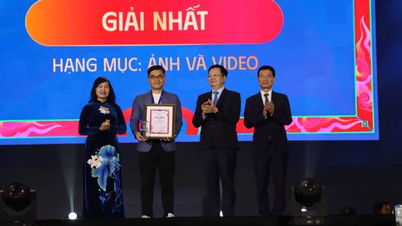







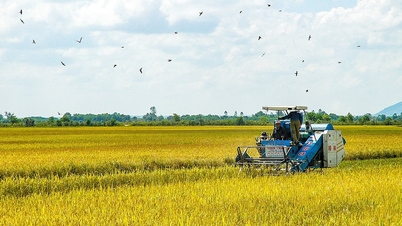

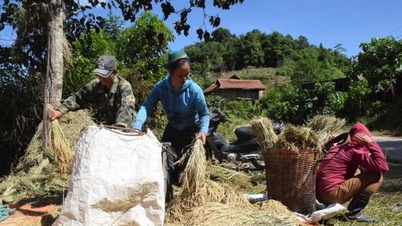

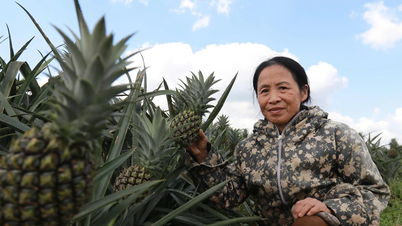

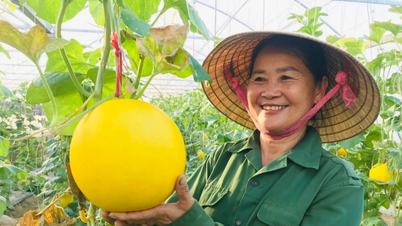
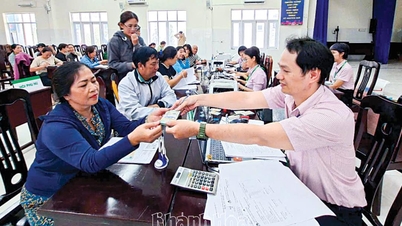

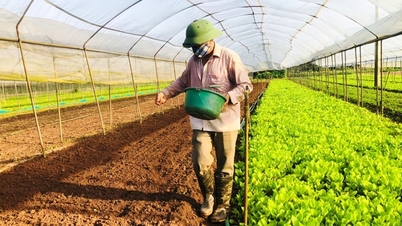




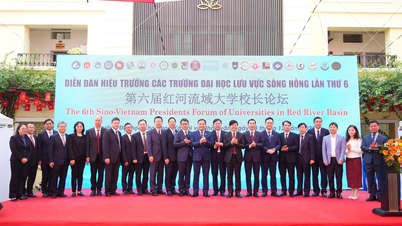
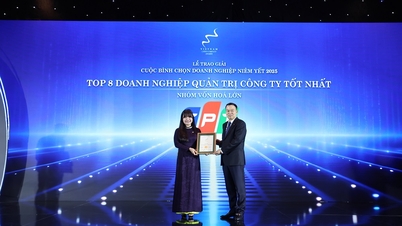



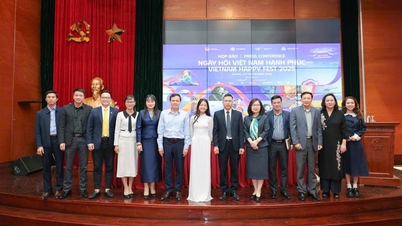





























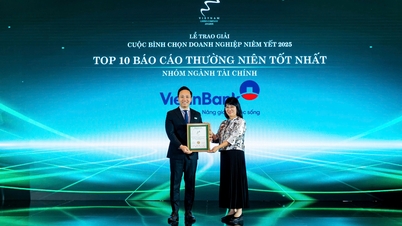







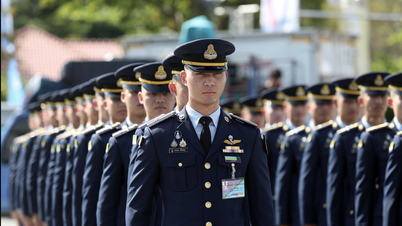


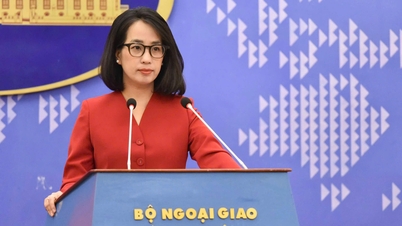

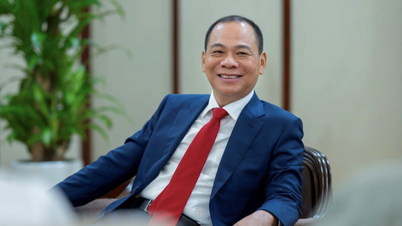








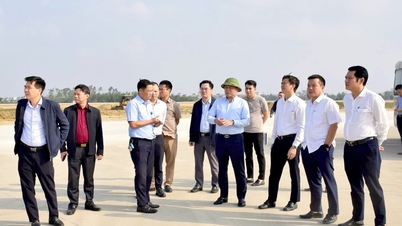

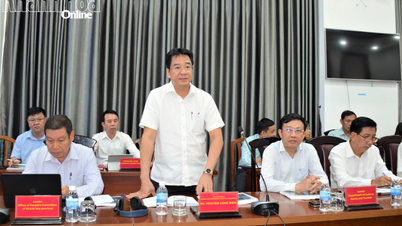
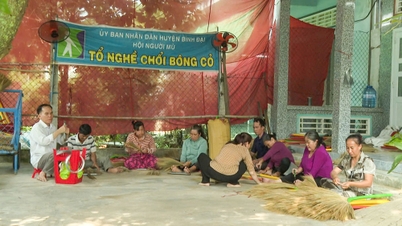

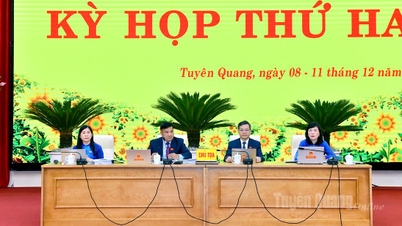



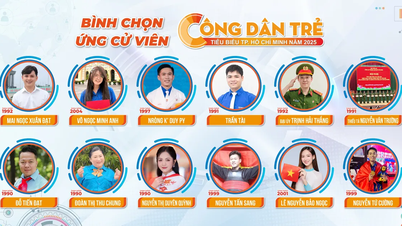








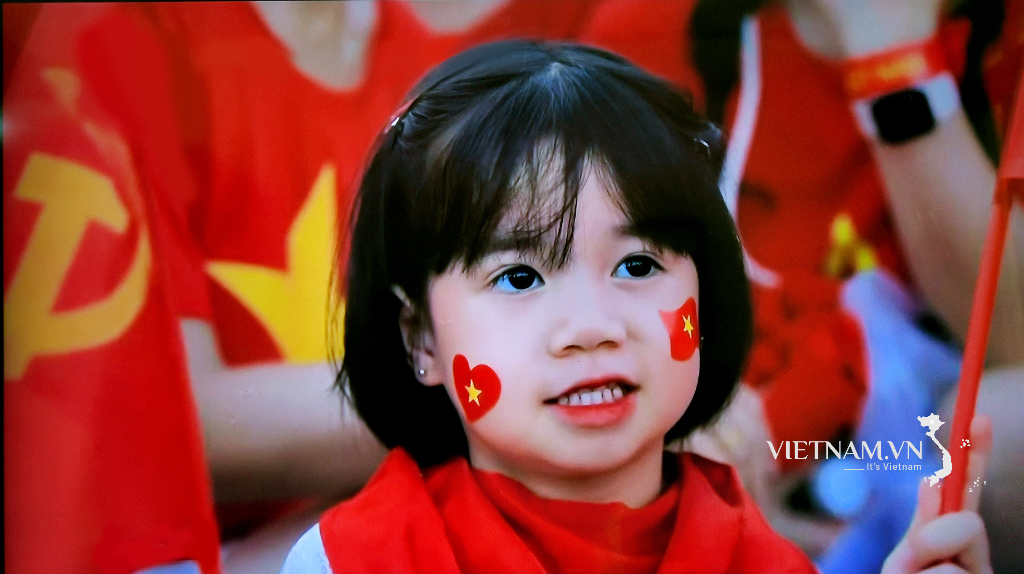
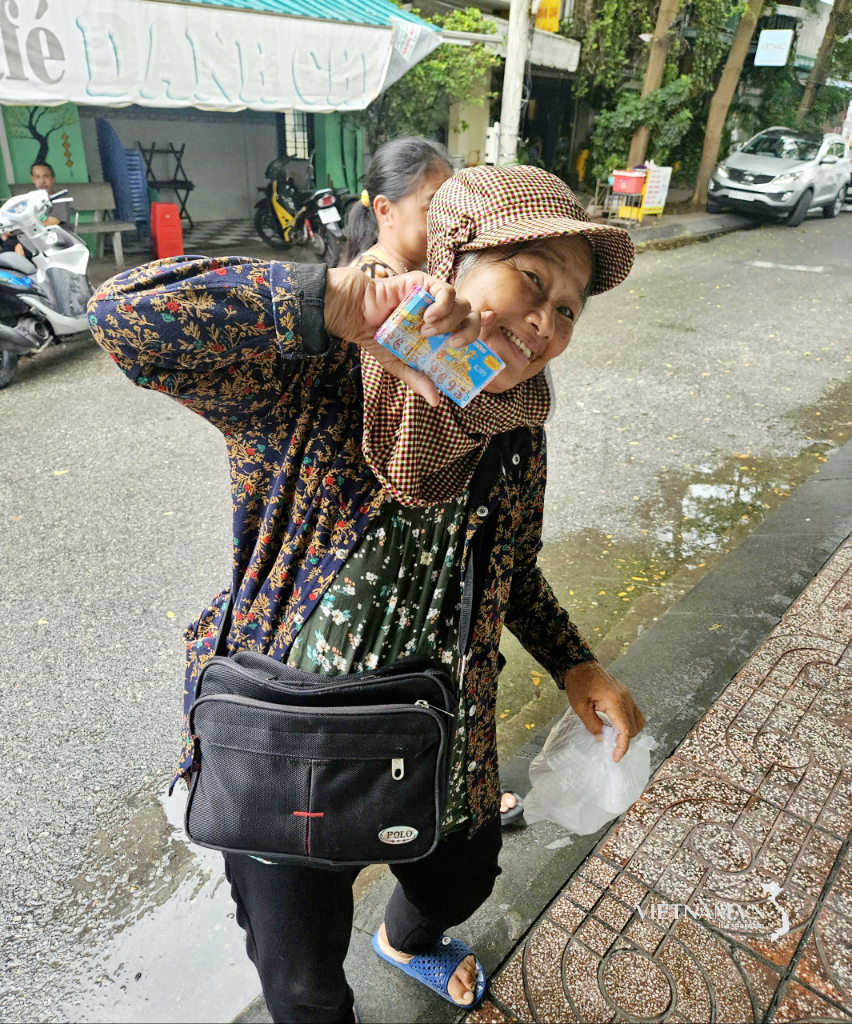






Comment (0)